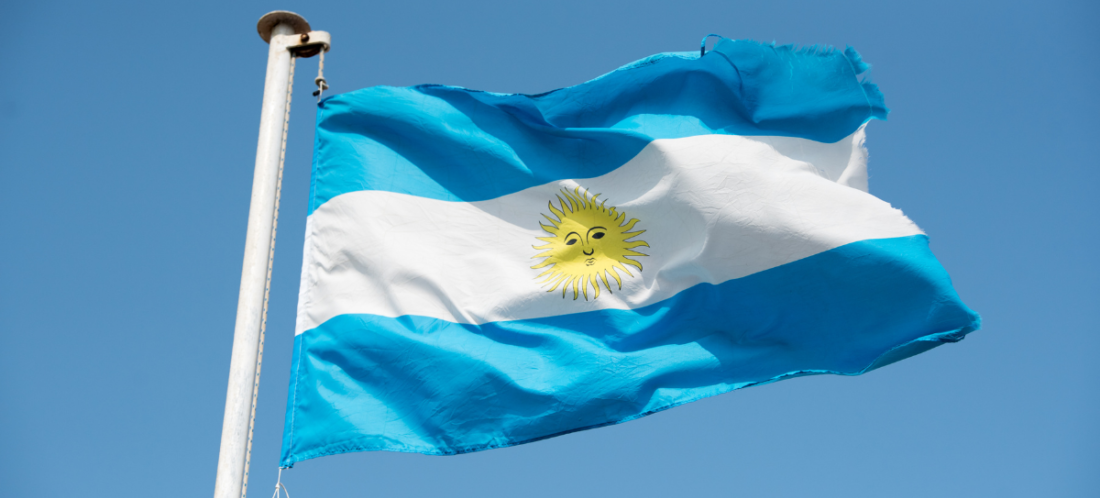
Argentine ambassador to Mercosul wants new tariffs to stimulate local production
May, 03, 2021 Posted by andrew_lorimerWeek 202119
Argentina’s ambassador to Mercosur, Mariano Kestelboim, said on Sunday that he favored “a new common external tariff that promotes productive development.”
An economist and ambassador of the Latin American Integration Association (ALADI), an organization formed by the countries of South America except Guyana and Suriname) plus Mexico, Cuba, and Panama – Kestelboim explained in an interview to Télam that the regional bloc “needs a new Common External Tariff (TEC) that adjusts to the current production scenario” and “promotes the development of regional capacities.”
He also argued that Mercosur is “beneficial” for the smaller countries of the bloc given how countries associate globally. “It is challenging to advance successfully with individualist strategies.”
The Argentine official explained that the current TEC was levied about 25 years ago. Since then, it has not undergone any major changes. The local and regional productive structure together with international trade has undergone fundamental changes that deserve further review by the AEC.
“As a result of advances in control systems and the development of ICT, mega-industrial companies have emerged – mainly in Asia and specifically in China – with production capacities that were unthinkable 30 years ago. This implies that the ideal minimum vessel calls have grown, notably for chemicals, pharmaceuticals, and plastics. Today, these sectors have enormous economies of scale and almost insurmountable barriers to entry. So 25 or 30 years ago, we could think about having productive capacity in some areas in which we can no longer compete”.
But he also argued that “it seems to us that a proposal for a linear and transversal reduction like that of Brazil does not take into account those structural changes in productive capacities and international trade that deserve a more ambitious TEC modification in the sense of increasing steps. If we simply make a transversal change of 10% for all positions, we will not be impacting with all the strength necessary to stimulate productive development. It is not the same as charging a fee for technology that improves local production or for a substitute product for one that is produced here. In the first case, it can be positive; in the second, local manufacturing is discouraged. To move forward with the Brazilian proposal would be to miss an opportunity since it is not easy to bring the 4 countries together to discuss and modify TEC in its entirety”.
Kestelboim insists that Argentina’s proposal aims to “generate a further increase in the level of added value; that is, where there is productive capacity in the region, there will be no tariff reduction,” applied to “goods and services that we do not manufacture and that we need to import for production to be more competitive.”
Source: MercoPress
-
Shipping
Mar, 27, 2019
0
CMA CGM, Cosco and Evergreen become vessel providers for SSA service
-
Meat
Sep, 11, 2019
0
Newly qualified slaughterhouses should boost sales to China
-
Ports and Terminals
Jul, 02, 2019
0
Argentina: Dock Sud Port companies to pay for dredging
-
Ports and Terminals
Aug, 21, 2020
0
CODEBA divulges upcoming auction for dredging work at Ilhéus Port in Bahia



